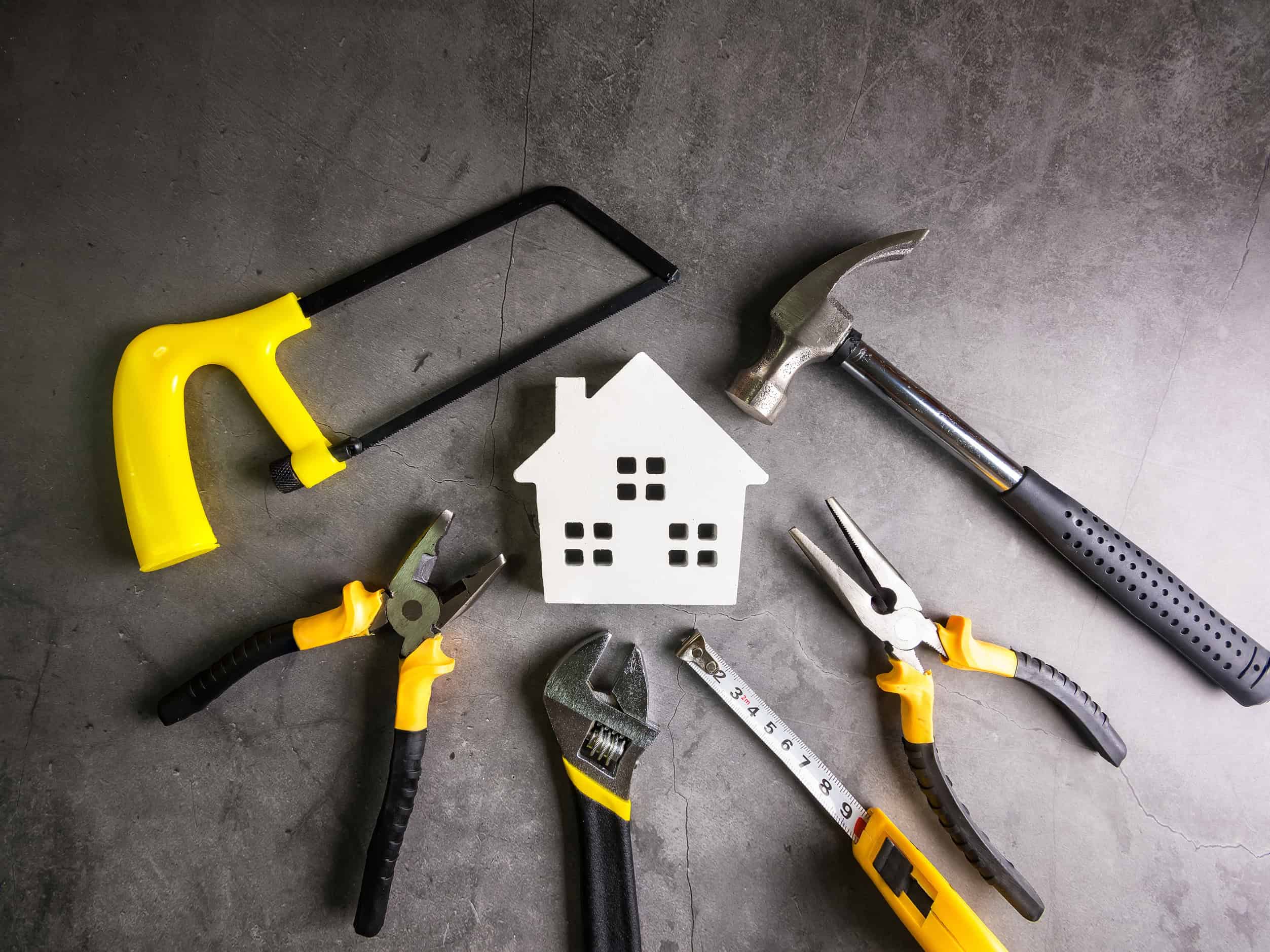Home improvement projects can add value to your property, enhance functionality, and improve comfort. However, some upgrades can also impact your home insurance rates. Whether your renovations increase or decrease your premiums depends on the type of work being done and the level of risk involved. If you’re planning upgrades, it’s essential to understand Home Renovations That Can Affect Your Insurance Rates so you can budget accordingly and avoid unexpected costs.
Certain improvements, like installing security systems or upgrading your roof, may qualify you for discounts, while others, such as adding a swimming pool, can raise your premiums. Let’s explore how different home renovations impact your insurance and what you should consider before starting your next project.
Why Home Renovations Impact Insurance Rates
Home insurance companies assess risk based on several factors, including the size, materials, and safety features of your home. When you renovate, you might be increasing or reducing risk, which directly affects your coverage and premiums.
For example, if your renovation makes your home more valuable, your coverage limit may need to be adjusted to ensure full protection. Likewise, certain updates can make your home safer, leading to potential discounts.
Home Renovations That Can Affect Your Insurance Rates: Upgrades That Increase Costs
While renovations improve your home’s functionality and appeal, some may lead to higher insurance premiums due to increased risks or property value.
1. Expanding Your Living Space
Adding extra square footage—whether through a home addition, finished basement, or converted attic—typically increases your home’s value. With a higher replacement cost, your insurer may require you to raise your coverage limits, leading to a higher premium.
2. Installing a Swimming Pool
Pools are a great way to enhance outdoor living, but they also pose a liability risk. Many insurance providers consider pools an “attractive nuisance,” meaning they increase the likelihood of accidents. As a result, you may see higher liability coverage requirements and an increase in your insurance rates.
3. Upgrading High-End Finishes
If you swap out standard materials for high-end options like marble countertops, hardwood floors, or luxury appliances, your home’s replacement cost goes up. This increase in value may require additional coverage, raising your premium.
4. Adding a Home Office or Rental Unit
If you renovate a space for business use or create a rental unit, your insurer may classify your home differently. Running a business or renting out part of your home could require additional liability coverage or a separate policy, increasing your insurance costs.
5. Building a Deck or Outdoor Kitchen
Outdoor living upgrades like decks and built-in kitchens enhance your home but also introduce potential hazards. Fire risks, structural concerns, and the increased value of your home may lead to higher premiums.
Home Renovations That Can Affect Your Insurance Rates: Upgrades That Lower Costs
Some renovations can reduce risk and make your home safer, leading to potential savings on your insurance policy.
1. Replacing the Roof
One of the biggest factors in home insurance pricing is your roof’s condition. If you replace an old, damaged roof with impact-resistant materials, you could qualify for discounts since newer roofs reduce the risk of leaks and storm damage.
2. Installing a Security System
Adding a monitored alarm system, security cameras, or smart locks can make your home less vulnerable to break-ins. Many insurers offer discounts for security upgrades, helping you save on your premiums.
3. Updating Electrical and Plumbing Systems
Old wiring and outdated plumbing increase the risk of fire and water damage. Upgrading to modern, safer systems can reduce these risks and lower your insurance costs.
4. Adding Storm-Resistant Features
If you live in an area prone to severe weather, investing in storm shutters, reinforced garage doors, or impact-resistant windows can make your home more resilient. Many insurers provide discounts for homes with storm-proofing features.
5. Installing a Fire Sprinkler System
A fire sprinkler system can significantly reduce fire damage, leading to lower insurance rates. Some providers offer premium discounts for homes equipped with automatic fire suppression systems.
How to Notify Your Insurer About Renovations
Before starting any renovation project, it’s wise to contact your insurance provider to discuss how it might affect your coverage. Here’s what to do:
- Inform Your Insurer Before Making Major Changes – Some renovations may require policy updates or endorsements.
- Keep Detailed Records – Save receipts, permits, and contractor agreements to provide proof of upgrades.
- Request a New Appraisal if Necessary – If your home’s value increases significantly, ask your insurer if a new appraisal is needed.
- Ask About Discounts – If your upgrades improve safety, inquire about potential savings.
Final Thoughts
Whether your insurance rates go up or down depends on the type of renovation you undertake. Home Renovations That Can Affect Your Insurance Rates vary in impact, but understanding the potential changes can help you make informed decisions.
Before starting any home improvement project, check with your insurance provider to ensure you have adequate coverage and explore any available discounts. By balancing upgrades that enhance value with those that improve safety, you can maintain a well-protected and cost-effective home.














